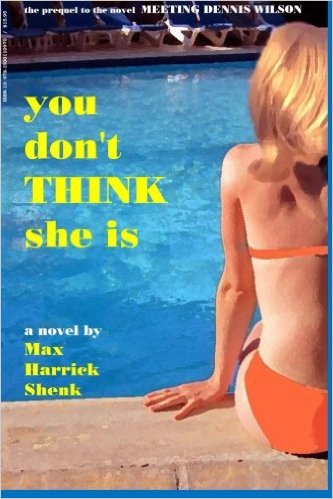From Heroin to Heaven
Mariah Noelle Freeman’s From Heroin to Heaven is a true redemption story. “Once I was lost, but now I am found” is the overarching theme of her collection of journal entries written for the addicted and the lost. If you know someone who is addicted to drugs or struggles with mental illness, her story will grip you and pull you in from start to finish. Having a son who is a recovering addict, it gave me hope. However, her story moves beyond just addiction. Anyone who grieves over the mistakes they made in the past and has experienced great loss due to their choices will benefit from her story. Freeman’s tender heart will encourage the reader to become more acquainted with Jesus and to love Him above all else in life and to forgive oneself as He has forgiven us.
more infoAlways
Sarah Jio’s novel Always is not only a story of first love but compassion and devotion to those less fortunate. As a homeless advocate, the romantic story became almost secondary to Kailey Crane’s beautiful heart, her giving spirit, and her drive to help Cade find his way back to the man he was when they first fell in love. Even though we often hear as writers to be judicious with backstory, I found the intricate weaving of Cade and Kailey’s love of music, the pendant her grandfather gave her, and how Cade saved her life beautifully and powerfully done. Jio did not disappoint when it came to intrigue either. I imagined the worst only to be proven wrong and, yet, it made me read on. Jio also proved how easy it is to have hidden assumptions about the homeless and why they are on the street. Her passionate tale is one I will remember for years to come.
more infoAfter the Dam
After the Dam by Amy Hassinger creates a sense of place. It is not just about a physical place. It is the place in our heart where we store memories of better days, ones we return to when we lose our way. When Rachel becomes a mother for the first time, even though she goes through the motions with care, she loses her sense of self in some chasm of who she used to be and who she is now. She desires to return to her roots, her grandmother’s farm to reclaim the part she lost. It also returns her to a lost love, but she finds much more too, which Hassinger explains with such depth of emotion. The land is not her family’s land; it belongs to the Anishinaabe tribe. After the Dam is a story of legacy and pride in the midst of inner turmoil and growth, and Hassinger powerfully demonstrates impeccable research and depth of understanding when it comes to the aftermath of building a dam and how entire civilizations and habitations become lost as a result of man’s attempt at progress.
more infoRaising Lazarus
Raising Lazarus’s superb memoir about his illness will touch the heart of anyone who has experienced a disease that passed from generation to generation in their family. The what ifs cross the mind while reading his tale. At times, I held my breath, and at others, I rejoiced. The timeliness of picking up Raising Lazarus was unbelievable. We had just learned that my son’s biological grandmother, great aunt, aunt, and two cousins had hypertrophic cardiomyopathy. I read with bated breath fearing the worst and hoping for the best because three of them died from their disease. His cousin died while sitting at her desk at school, eight years after her mother’s death at 25. At times I felt like was watching a medical drama as each scene unfolded, and I hoped it wasn’t part of my son’s or granddaughter’s destiny. What intrigued me the most about Robert Pensack was he never gave up. He persevered in spite of his illness, in spite of knowing his days could possibly be numbered. He became a medical doctor during his ordeal and helped countless others at a time when he found it difficult to heal himself. Pensack’s memoir is an encouragement to anyone facing a life-threatening illness or even an emotional struggle in their life. His message is to keep on keeping on, which he did well.
more infoThe Glory Walk
Cathryn Smith starts her memoir with a quote from “Wild Geese,” by Mary Oliver. “Tell me about despair, yours, and I will tell you mine. Meanwhile, the world goes on…” Smith’s beautifully written memoir moves between written conversations, anecdotes, poetry, and research to build a montage of memory. Her family’s struggle with her father’s Alzheimer’s disease fills the reader with empathy because they experience their deep love for this man. Each section brings you closer to the bone, to the very heart of their despair over losing a father and a husband. At the same time, the family recognized that the man they loved was still deep within the shell of his disease. Even on the rare occasions they still saw a glimpse of him, there was still a sense of loss. Anyone who has gone through the emotional turmoil of watching a parent or loved one with Alzheimer’s or Dementia will appreciate Smith’s candor and will know they are not alone on their journey.
more infoA Mother's Reckoning: Living in the Aftermath of Tragedy
Sue Klebold’s memoir, A Mother’s Reckoning: Living in the Aftermath of Tragedy, is something every parent should read. It is so easy to point fingers at parents when something as horrific as Columbine occurs, but in regards to this belief, I am reminded of a quote by Atticus Finch in To Kill a Mocking Bird: “You never really understand a person until you consider things from his point of view […] until you climb into his skin and walk around in it." Klebold allows the reader to step into her skin and walk around in it in the days following her son’s murder/suicide at Columbine. My mother’s heart ached for her. I understand and empathize with how we think we are doing everything right but still miss some of the subtle cries for help from our children. I know I have done it myself. When I walked around in her skin, I understood my own failings. I have no right to point fingers at her when I had made the same mistakes myself. I was blinded by my love for my son and for the things he seemingly did right. I had a deep appreciation for how she brought in expert opinions as well. She didn’t simply write a woe is me tale. She did her research. She chose to look deep into her son’s soul and see the pain he felt as well. Her strength is an inspiration to me. Although my son did not commit a tragedy like Columbine, he did make some horrible mistakes. I missed the signs. I chalked everything up that he was a teenager when in reality the signs were probably there at seven years old when I was going through cancer. He was depressed, and I didn’t see it. I highly recommend this book to any parent. It’s easy to think you are doing everything right, but you don’t want to find out too late that you were wrong. Pick up this book. Read it and weep for the loss of all of the students from Columbine, including the killers. Use it as a tool to make sure your son or daughter is healthy both mentally and physically. Sometimes parents do not think of mental health issues; they only look at the physical. Dig deeper and learn.
more infoAngela's Ashes
Frank McCourt’s memoir, Angela’s Ashes, is a powerful and intimate portrayal of childhood in the heart of Ireland, namely Limerick. It’s impossible to imagine on one’s own how dire McCourt’s circumstances were as he and his family attempted to navigate the world of poverty and, at times, prejudice. The way he portrays the death of three of his siblings would break any mother’s heart. There are moments when anger seeps into every part of the reader when the father refuses to bring home the dole (their equivalent of welfare) and would rather drink his money away at the local tavern instead of feeding his family. Death knocked at everyone’s door at one time or another, usually from consumption or what we now call Tuberculosis. It is also a journey of perseverance. We see McCourt’s ability to rise above his abject poverty and to earn his passage to America, the land of opportunity
more infoThe Joey Song
The Joey Song: A Mother’s Story of Her Son’s Addiction is not a redemption story. It is the story of a mom who is trying to survive in the midst of her son’s substance abuse, who never gives up on the child she loves. “I need to remember you, my son. The son before darkness. I need to remember you, Joey. Before I forget.” Her words cut to the chase. Addiction robs families of the person they once knew. They grieve just as in death because the disease has taken over, and they are more or less experiencing the death of the person they still love. Her tragic depiction of her son’s addiction would resonate with anyone who is going through the same thing with their loved one. It did for me. I felt her pain because I have been there. I understand her reasoning for not enabling his addiction because I have done the same. Any parent who is going through the battle with their son or daughter will glean valuable information from her memoir. It will resonate. It will encourage. It will give them strength to continue. Most of all, it will give hope.
more infoScattershot
Scattershot by David Lovelace didn’t just have me peering through the window into a bipolar family. I lived and breathed the mania as I read each page. I felt the depression deeply, and I wanted out of the bondage. I felt for the first time I understood the catatonic moments of utter helplessness and the polar opposite exultation of endorphins surging through one’s body and brain. I have to admit my jaw dropped when I read David Lovelace went to Camp Peniel and The Love Inn in Freeville, NY, the very same places I frequented as a teenager. The fact he read Walden by Henry David Thoreau excited me even more. More than anything, the intensity of his words as he depicts his family’s mental illness was spellbinding. He doesn’t build on the stigma; he breaks it. He then gives hope that although bipolar disorder can’t be cured, it can be managed with both the support of family and the medical community.
more infoSilent Partner: A Memoir of My Marriage
Silent Partner: A Memoir of My Marriage by Dina Matos McGreevy chronicles the hopes and dreams of marriage and its downfall when secrets are exposed. It is not your typical adultery story. Her relationship went sour in the spotlight with cameras rolling. Her husband, the charismatic governor of New Jersey, lived a double life. His failure to admit, even to himself, his sexual orientation became his ultimate demise. It is not hard to get caught up in the drama as it unfolds in Dina Matos McGreevy’s life. She pulls you in with her story telling and doesn’t let go. I found myself yelling at her on the pages. “You missed this signs!” She openly admits she did as well. The derailment of her marriage is a sad tale, but her ability to rise above her circumstances showed her strength and character.
more infoWhat We Have: One Family's Story About Love, Loss, and Survival
What We Have: One Family’s Story about Love, Loss, and Survival by Amy Boesky unhinged the very notion I had of familial bonds during the cancer experience. I understand all too well how cancer runs in families. Every female member of my father’s side of the family had breast cancer, except me. I had ovarian cancer. When I first started to read the story, I wasn’t sure if I could handle the anxiety of an ovarian cancer tale. However, she eased the reader in with the story of falling in love and the birth of her child. Even though the tale grows grim with her mother’s breast cancer, it tugs at each thread of what makes up a family facing diagnosis and imminent death. It doesn’t unravel it. It creates a tapestry of love. I would reread it just to experience her words of hope and inspiration.
more infoThis Dark World: A Memoir of Salvation Found and Lost
Carolyn S. Briggs’ memoir cuts to the heart of some fundamentalist Christian churches. They preach grace, but their legalism destroys faith, destroys families, and destroys souls. I identified with the newly found commitment to God Briggs discovered in her teen years. There is joy, expectation, and exuberance pushing the new convert into the world of the church. It is a beautiful feeling being part of the family of God. I also identified with the feelings of inadequacy and disillusionment in her marriage to the man she met as a teenager. Loving him as a woman should love her husband, especially in the area of intimacy, never happened. She stayed out of submission to him, to the church, and to God. When she spread her wings by going to school, she found there was more to life than her myopic worldview. The issue with some fundamentalist churches is when the woman decides to leave, as Briggs points out, they become demonized. I identified with this horrible scenario by the church because I, too, was given over to Satan for the destruction of the flesh when I left my first husband. I understood Briggs’ loss of faith. I experienced the same. I understood her fear that God would smite her down because of her choices. What I found extremely heartbreaking about Briggs’ story is, although she struggled to find her place in the world and eventually discovered it through academia and her new husband, she never looked beyond the fundamentalist church to find her own version of a faith in God. This memoir speaks to the heart of the problem with religion. It breeds disillusionment. I don’t believe in religion. It is a personal relationship with God, not the dogmatic doctrine of one denomination.
more infoRutka's Notebook: A Voice from the Holocaust
Rutka’s Notebook: A Voice from the Holocaust I have long had an interest in the events of the Holocaust. The reason is the same as the editor's remark in Rutka’s Notebook. We need “to listen, to remember, and to bear witness.” The only way to do this by educating ourselves on the atrocities that occurred so as not to repeat history. This long-lost diary of Rutka Laskier, a 14-year-old girl from Poland, was found by Stanislawa Sapinska, an older, non-Jewish friend two years after Rutka relocated to the Kamionka, a Jewish ghetto in Poland. She had it in her keeping for 60 years. Many readers should be able to identify with the sense of brokenness one feels when they lose everything. The loss breeds an unending turmoil. Rutka’s brokenness came through seeing firsthand what was happening in her own town, her own neighborhood. She knew of the perils of the Jewish community in death camps by word of mouth, and she admitted she felt she was “turning into an animal waiting to die.” What made her diary special was the juxtaposition of the events in the months before the Germans sent her to Auschwitz and the beauty and confusion surrounding her adolescent heart. Reading about how she wanted her first kiss and the angst of not knowing if she likes a boy or not alongside her feelings that “the rope around them [was] getting tighter and tighter” adds to Rutka’s turmoil. To give the reader a sense of the events surrounding this period and Rutka’s actual diary, the editors included photographs and annotations that bring life to this tragic period and Rutka’s experiences. Seeing the pictures makes it so the reader cannot forget or dismiss what happened to Rutka or the millions of others sent to their death. As the editors implore, “Read it – and Remember.”
more infoOpen House
Very seldom do I choose to read a book twice; however, when I picked up Open House by Elizabeth Berg, I just couldn’t resist reopening the door to Samantha Morrow’s house and reliving the story of her husband who walks away from their marriage, a son who is in the throes of puberty, a set of roommates who challenge her concept of herself, and a man who teaches her that friends can fall in love. Any woman who has weathered the end of a marriage understands how you sometimes know before you know. You look at your mate and think – who is this person? I don’t even know them anymore. Everything is rote. Everything is normal. Everything is gone. Sam’s husband, David, leaves her without any explanation as to why their marriage is over. Sam tries to reinvent herself, to become a Martha Stewart, only to realize she isn’t very successful at that either. Although the storyline is familiar, the way Berg tells it is extraordinary. In the six hours it took me to read this beautifully written novel the second time, I understood the complexities of Sam’s deep introspection after her husband’s departure through her inner dialogue and conversations with her roommates, her mother and her friends. Each scene revealed another facet of her personality as Berg took Sam from a housewife living in expected silence to an expressive woman who could finally speak her heart. Her extraordinary prose will grab you by the collar, sit you in a chair, and make you want to read her words not once, but twice.
more infoYou Don't Think She Is
You Don't Think She Is by Max Harrick Shenk reveals a brilliantly composed coming of age novel. Brian Pressley’s world is memorialized within the contents of a toy chest. From the items in his pockets to the objects he wants to keep, they all find their way into his time capsule of memory. Some of the items within the chest are the cards, letters, and school notes he shared with his best friend, Margo LeDoux. Brian and Margo’s platonic relationship and deep friendship moves from building a fort together in the woods to having a middle school, slow dance where feelings begin to emerge. The question is why are the feelings pushed back safely beneath the surface of their mutual desire? The conflict pulls the reader in and doesn’t let go. As with most stories of young love, there is a third party involved. Christy Kelly is Brian’s school crush. She conveniently becomes friends with Margo. Even though Margo encourages the relationship, the reader is never sure who the third wheel is in this story of young love. The structure of the novel brings its own flavor. The short chapters speak volumes about the notion of first love, the workings of puberty, and the understanding of a blossoming sexuality. Another interesting facet to the structure is the letters and postcards filling the second half of the novel. They give the reader a keen insight into each of the character’s youthful thoughts and ideas. It is like entering the backdoor of someone’s home and being part of their intimate moments. Max Harrick Shenk’s book will take any reader back in time to their emotions and explorations during middle school. It is reminder of the innocence of youth and the burgeoning feelings of desire. Take the journey again. I am sure you will enjoy each memento he shares with you from the toy chest of memory.
more infoKathy's Blog
Kathy is currently completing a memoir entitled 'Reckless Grace' and her novel 'Jacob's Vow'. Currently, she is an adjunct assistant professor at Monroe Community College in Rochester, New York. She has four children, two step-children, thirteen grandchildren, and her two dogs, Hamlet and Othello.
Kathy's blog is called "Fortifying Your Castle: The Fight Against a Loved One's Addiction".
Read Kathy's Blog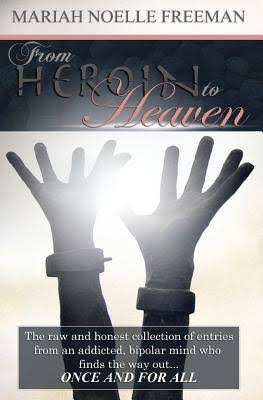
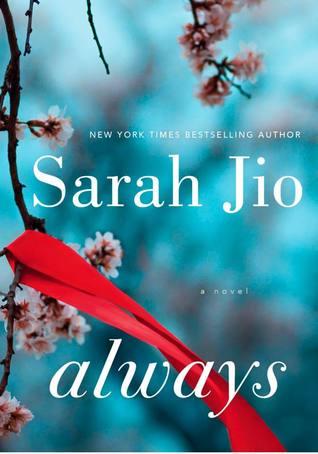
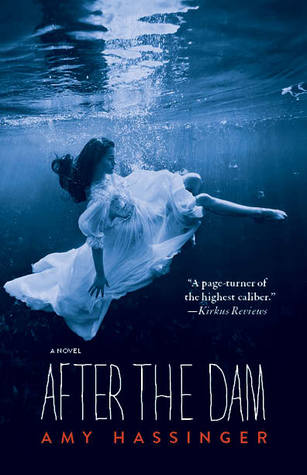
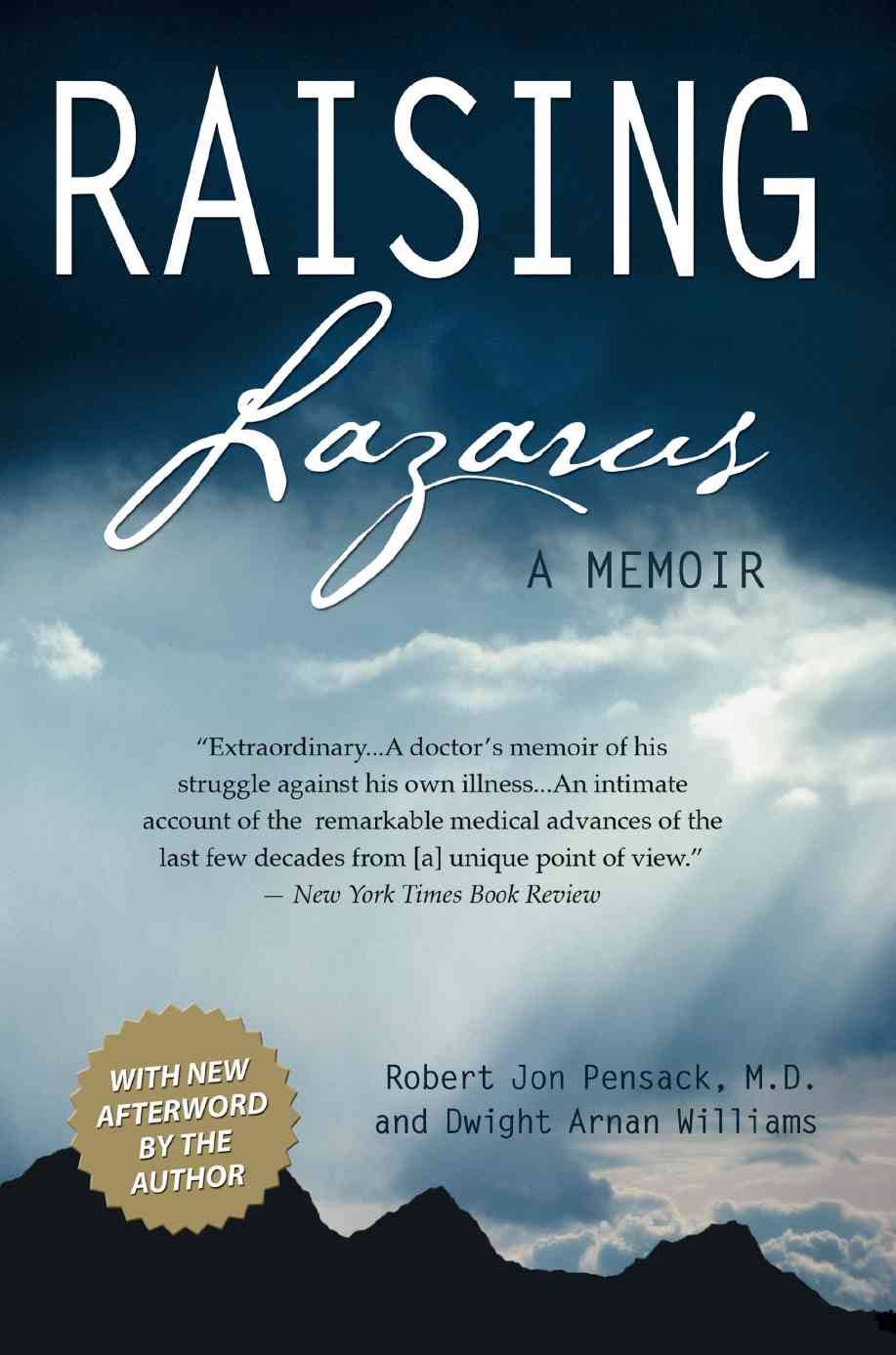
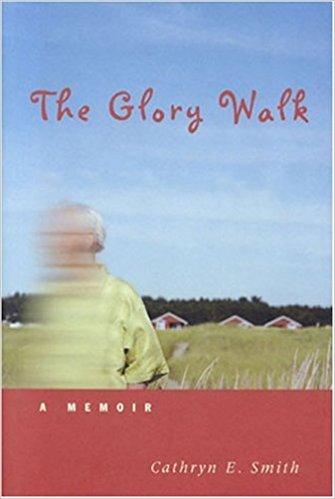
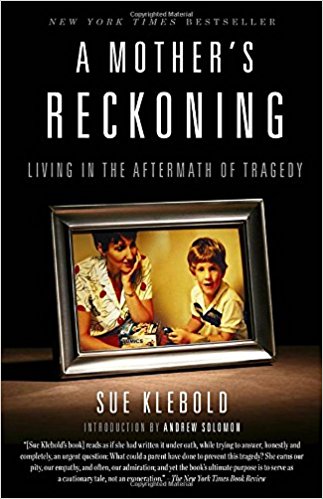
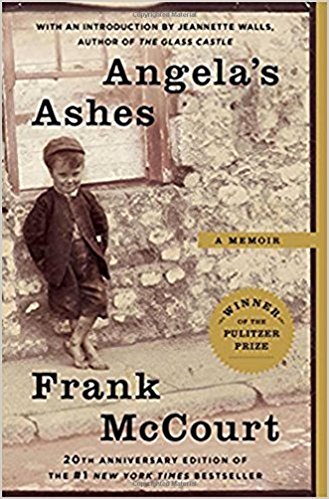
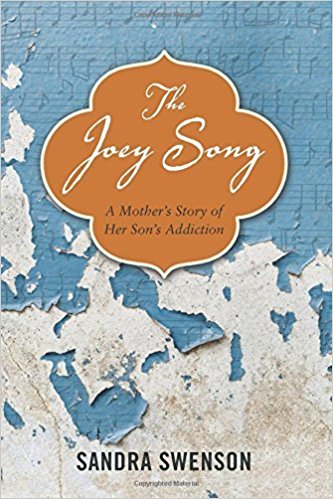
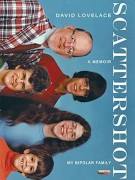
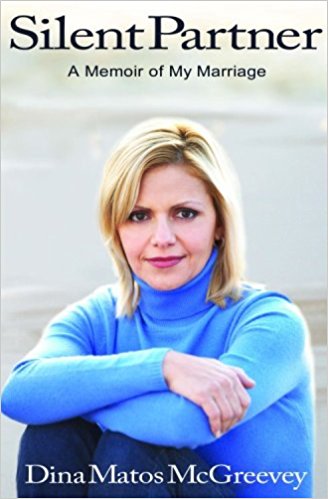
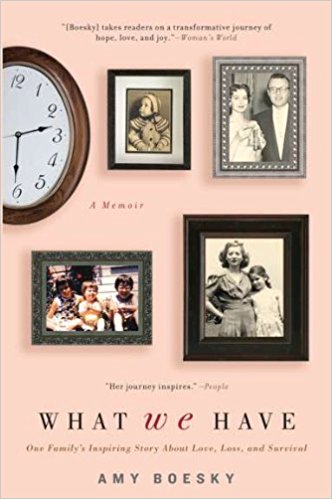
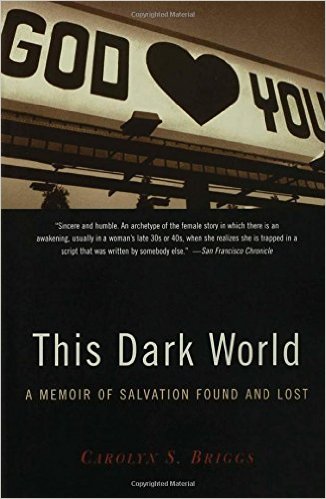
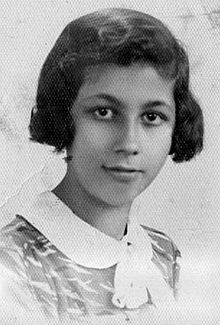
.jpg)
